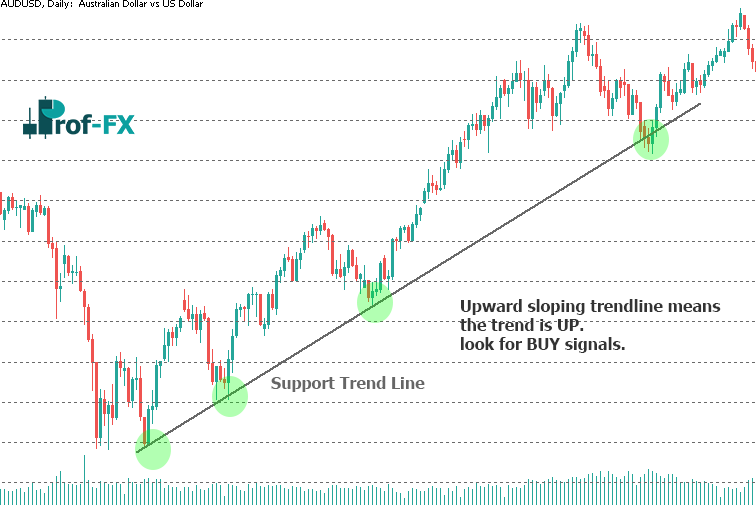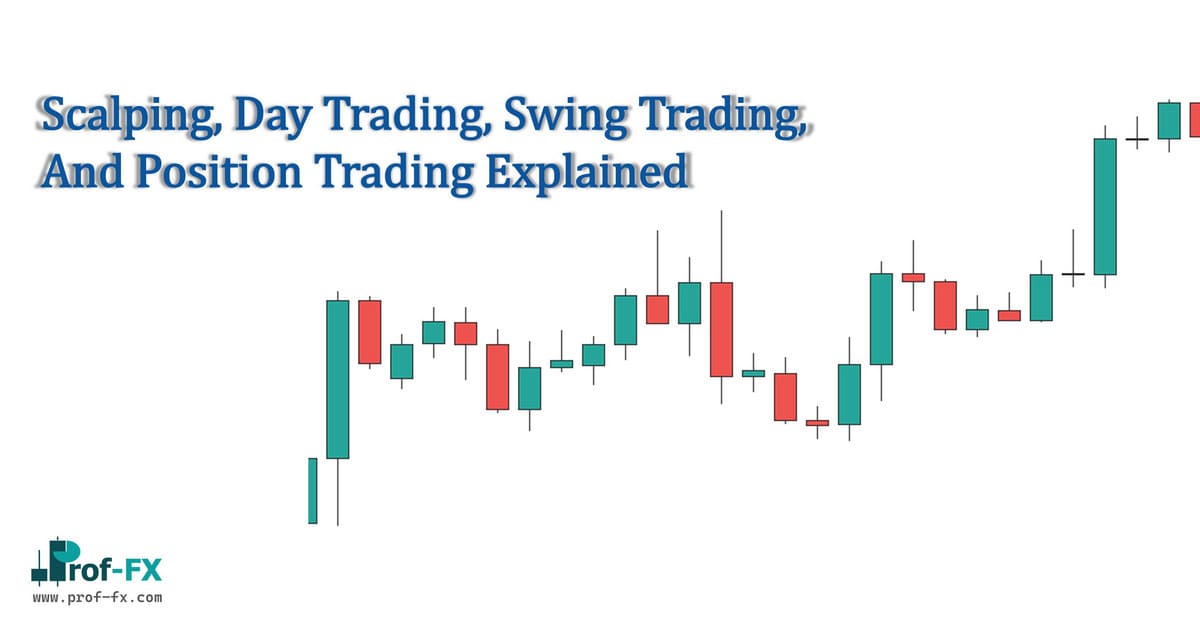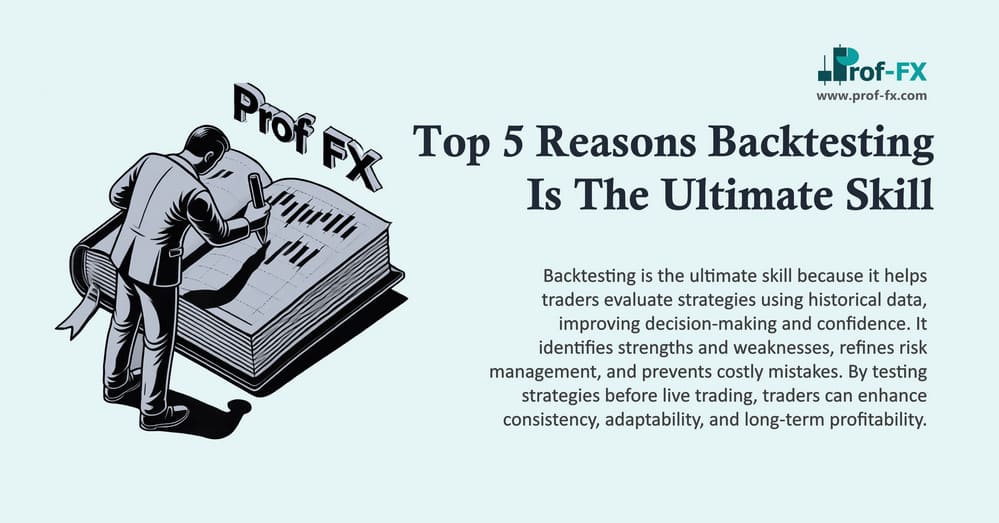Like most financial markets, the Forex has no shortage of scams designed to take advantage of inexperienced traders. One of these strategies, known as a hard-currency scam, is particularly popular in the Forex market because it is extremely difficult to prosecute the scammers. A hard-currency scam involves the sale of physical currency that usually doesn’t have an over-the-counter, or exchange-traded, market. The currency involved is typically low-valued, and the promise (or scam) is that this depreciated currency will rise dramatically as its economy improves.
The most popular hard-currency scam over the last few years involves “investments” in the Iraqi dinar (IQD). Investors are told that if they buy Iraqi dinars today, they will profit when the economy becomes stable again and the currency starts to appreciate. The victim usually buys dinars with U.S. dollars and then holds them—waiting for a potential revaluation, or appreciation, in his favor.
The scammers promise that millions of dollars in profits are virtually guaranteed if you buy the dinars at today’s value (as of this writing, it was 1,200 dinar to 1 U.S. dollar) and then exchange the dinars back for dollars at a later date once the exchange rate has improved. Although it is theoretically possible for the dinar to improve in value against the dollar, there are some fundamental problems with the scam that potential buyers should be aware of before they begin investing in one of the most illiquid currency markets in the world.
Lack of Registration
In the United States and most other major economies, it is illegal to market an investment without appropriate securities registration and disclosure. The scammers get around this requirement in two ways. First, it is technically legal to sell hard currency for its numismatic value. In other words, it is possible to sell hard currency as a “collector’s item.” Second, some dealers will register with the U.S. Treasury as a money service business (MSB), which gives them the appearance of being sanctioned by the government. An MSB is a company that exchanges physical currency, which is technically what these outfits are doing when they take your dollars and give you virtually worthless dinars.
You have probably seen legitimate MSB companies at the airport, and you may have used one when you returned home from a vacation or business trip and traded in the euros, pesos, or Canadian dollars that were still in your pocket. However, the difference between a legitimate MSB and dinar dealers is that a real MSB is not marketing an investment, it is providing a service.
The fact that several large U.S. banks will exchange dinars for dollars also tends to cloud the issue and inadvertently adds credibility to the claims of the scammers. “After all,” these dinar scammers will ask, “if it were really a scam, would Citigroup be participating?” We’re going to let that question hang in the air for a bit while you reflect on the financial crisis of 2008. It’s not that we don’t appreciate many of the services that are offered by these large financial institutions, because we do. We just don’t think they are the best barometer to use when trying to determine if something makes credible financial sense.
Dinars Are Sold Based on Misleading Hype
The potential value of an investment in dinars is often illustrated with references to what happened to the Kuwaiti dinar following the first Gulf War and the German deutsche mark following World War II. In both cases, the currency seemed to appreciate a few thousand percent against the U.S. dollar following the end of the war. These would be good examples, except that neither one was a free-floating currency at the time, so the value was a function of policy making and official currency management. You should also know that in both cases, the prewar currency was not the same thing as the postwar currency. They had the same name, but the old currency had been demonetized and replaced with new currency.
Even if those examples of currency appreciation were entirely legitimate, no rational investor would base an investment decision solely on two instances of past data, one of which occurred more than 60 years ago, without considering all the times that this investing strategy did not pay off. The vast majority of currencies with extremely low values compared to the U.S. dollar never recover. They either are demonetized or end up collapsing completely.
Much of the argument behind a potential rise in the value of the dinar rests on the fallacy that a growing economy will result in a stronger currency. As the U.S. economy has illustrated during the past several decades of continuous economic growth, a currency can decline even if its economy is prospering. Even economies with double-digit economic growth and expanding oil industries, such as Venezuela, Turkey, and Mexico, are much more likely to see their currencies grow weaker and weaker as a result of inflation than they are to see them get stronger and stronger.
But let’s say for just a moment that the dinar does start to regain some of its lost value. A currency that starts to rise in value too quickly is a problem for the government. And as you know, one surefire method that a government has at its disposal to bring the value of a currency back down is to print more money.
So you have to ask yourself, will the Iraqi government pursue a policy of currency appreciation in the future, or will it try to keep the value of the dinar low? Since an appreciating currency makes funding your brand-new government and paying off past debts more expensive, it seems unlikely that the government will pursue this option. An economy in Iraq’s situation is more likely to experience a currency crash or intentional devaluation than a sudden and dramatic appreciation.










